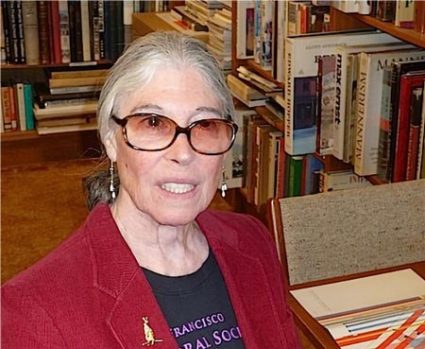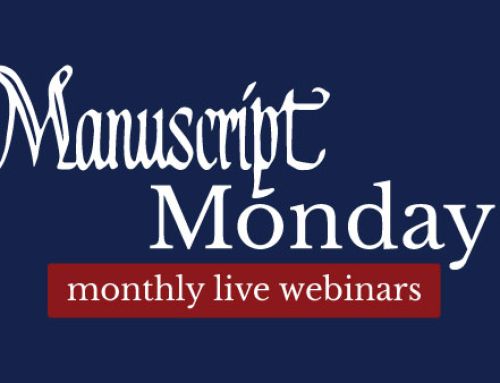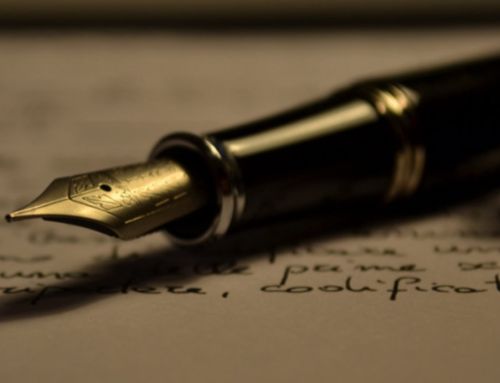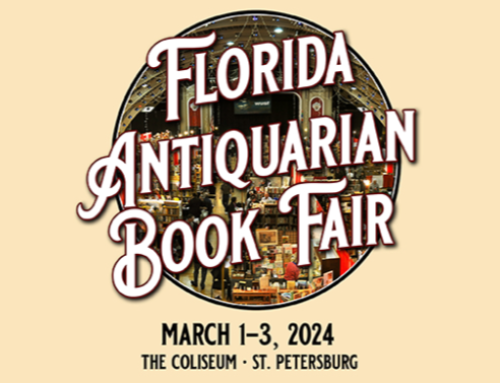 This Member Spotlight shines on J. B. Muns, proprietor of J. B. Muns Fine Arts Books in Berkeley, California. J. B. specializes in musical autographs and manuscripts. She shared the story of how she started out, how the field has changed, and what’s coming next with Manuscript Society President Al Ottens.
This Member Spotlight shines on J. B. Muns, proprietor of J. B. Muns Fine Arts Books in Berkeley, California. J. B. specializes in musical autographs and manuscripts. She shared the story of how she started out, how the field has changed, and what’s coming next with Manuscript Society President Al Ottens.
Please tell us a bit of your background.
As a young woman fresh out of music school, with three years’ experience as a clerk in the acquisitions department at the University of Southern California’s Doheny Memorial Library and Music Library, I decided to go into the book business and specialize in music and the fine arts. These were fields in which I had an interest and background. Although I wasn’t a true collector and only an occasional buyer, I understood how libraries operated, even if I had to learn the business on my own.
In 1964 I issued my first catalog and discovered that institutional libraries had an astounding interest in what I was selling. All went well until the internet came along. When the book business began to sag, I added classical musical autographs to my repertoire, learning as I went.
Whose autographs do you handle? Classical composers? Contemporary artists? Vocalists? Instrumentalists?
I handle mainly classical composers, instrumentalists, conductors, and opera singers. When collections of jazz, pop, or folk music have come my way, I have included them, but in a limited way.
What got you started?
I started when a large number of books on the arts were deacquisitioned from Paramount Studios’ reference library.
How do your clients find their way into the niche of musical autographs?
Many of my clients are musicians, some professionals, some amateurs, some just music lovers. They find me at book fairs, autograph shows and through word of mouth.
What was the most unusual item you handled?
Recently, I acquired an 1891 letter by Antonín Dvořák, written in broken English, asking that a contract he received from the National Conservatory of Music in New York be sent in German, because nobody spoke English in Prague.
Have you come across a find that surprised you? What was it?
One day when I was on a buying expedition for architectural books—another specialty I serve—I visited a widow who lived in a one-room apartment. She pulled out a Louis Sullivan drawing from the bottom of a chest of drawers. I made an offer she didn’t refuse, and the drawing hangs on our wall to this day.
What trends have you seen in musical autographs? Where do you think the field is heading now?
When I began my career in the autograph business, opera was very strong. I think the AIDS epidemic took away many of those collectors, and the interest in the opera field hasn’t yet returned. Expensive composers are on the agenda of those who can afford them. Mahler and Wagner seem to top the list.
What advice do you have for collectors who wish to expand their interests to include musical autographs?
I think collectors in any field must have a passion and knowledge of what they buy. If it is music, I am here to serve them.
What area within musical autographs is currently underappreciated?
For a long time, film composers were underappreciated. That seems to be changing.
Is there a market or interest in autographs of ethnic musical figures in areas such as blues, jazz, ragtime, Afro-Caribbean, etc.?
Of course there is a market for what I call “nonclassical” musical autographs. Young people are especially interested in the music of their own generation. Then there are the jazz buffs. Rock ’n’ roll is still hot, or perhaps it never cooled off.




Leave A Comment